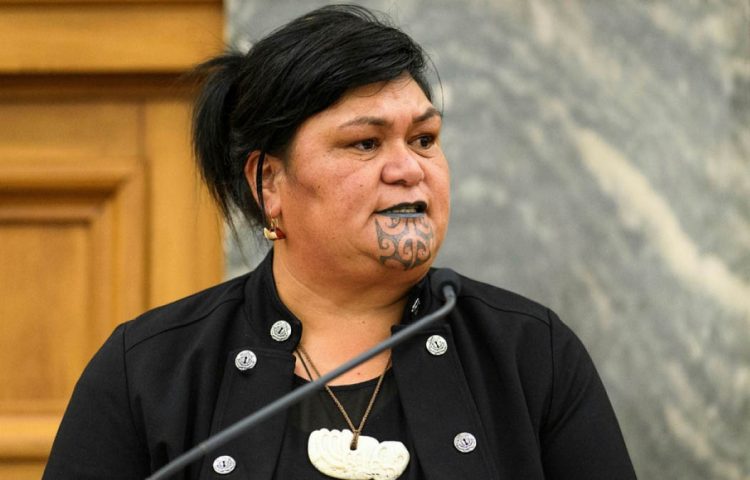The recent promulgation of an Indigenous Peoples Economic and Trade Cooperation Arrangement (IPETCA), which New Zealand’s Minister of Foreign Affairs, Nanaia Mahuta says is intended as part of a journey “towards achieving greater economic empowerment for Indigenous Peoples” in the Asia-Pacific region is more than worthy of the attention here in Guyana where issues relating to the scarcity of meaningful official interventions, over the more than half a century of political independence to improve the quality of life in Indigenous communities has increasingly become the subject of public and political commentary.

Participation in the IPETCA initiative is open to any of the twenty-one member countries of the Asia-Pacific Economic Cooperation (APEC) countries in the Pacific Rim that promotes free trade throughout the region. A report released on the launch of the initiative stipulates that a key conditionality for membership of what is described as a “plurilateral” development is that participating countries seek to harness “the unique potential of indigenous peoples” and to create connections among their communities. “Economies who join the initiative will commit to supporting critical areas of importance to indigenous peoples,” the report adds.
The disclosure of the launch of IPETCA coincides with recent political exchanges here in Guyana over the extent to which successive political administrations have taken meaningful initiatives to enhance the well-being of the country’s Indigenous people and their communities. Days ago the issue had been the subject of a publicly reported exchange between Prime Minister Mark Phillips and the Amerindian Deputy Speaker of the National Assembly, Lenox Shuman.
The announcement of the IPETCA initiative also came even as the Stabroek Business was engaged in the coverage of issues pertaining to the concerns and challenges of Amerindian communities in Region Nine, including what is widely seen as the protracted underdevelopment of those communities and the slow pace of infusion of infrastructure that will significantly raise standards of living and create game-changing socio-economic opportunities for the Indigenous communities.
Canada’s Minister of International Trade, Export Promotion, Small Business, and Economic Development, Mary Ng is quoted as saying, meanwhile, that “IPETCA is a major step forward in our efforts to promote trade and investment opportunities for Indigenous peoples in global markets. It is a groundbreaking and innovative trade arrangement that will help foster a more inclusive economy and forge global collaborations that benefit Indigenous communities from coast to coast and across borders.”
Local analysts of hinterland development have contended that the retardation of the pace of progress in improving the economies and social conditions in hinterland communities has been largely the result of failure by successive political administrations to seriously actualise election-time promises made to hinterland communities.






